When I first started documenting trans people who had stood for elected office, the aim was simple. Demonstrate to those interested in putting themselves forward for public office that being trans and non-binary is no longer a big deal.
With the record number of openly trans and non-binary candidates standing in 2016, it very much appeared that mission had been accomplished – and not just in terms of candidates, but also those having been elected, with the total currently standing at five. As a reminder, here is the list prior to the local elections. Gantly was first elected in 2014, but only transitioned recently so is new to this list but the others will be more familiar names to regular readers.
|
|
Osh Gantly Islington, Highbury East Ward |
Term expires May 2018 |
 |
Zoë Kirk-Robinson Bolton, Westhoughton North & Chew Moor |
Term expires May 2019 |
 |
Sarah Larkins Thanet, Eastcliff Ward |
Term expires May 2019 |
|
|
Anwen Muston Wolverhampton, East Park Ward |
Term expires May 2020 |
 |
Zoë O’Connell Cambridge, Trumpington Ward |
Term expires May 2019 |
Sadly, this year, that changed.
The list below was compiled back in April, after the close of nominations for the local elections. But in discussion with several candidates, people expressed fears that the current media frenzy around trans people would result in them being targeted for harassment at a time which is already stressful and hectic for any candidate. There were also worries that anti-trans campaigners would try to interject in online social media conversations with (potential) constituents, something that has happened to MPs before now.
So, because I value accuracy and did not want to publish a partial list, the publication was delayed until after the election.
And unfortunately, those fears were not unfounded. On polling day, Sarah Brown was subjected to abuse on social media after featuring on a list of LGBT candidates put out by LGBT+ Liberal Democrats. No LGB candidate was targeted in the same way.
It has since been revealed that transphobes targeted the same twitter account for vexatious complaints to try to have it shut down in retaliation for supporting trans people – an attempt that failed, with one conspirator forced to admit they could not actually find any objectionable content about which to complain.
Elsewhere, local “thugs” paid a visit to the house of a sitting Conservative trans councillor and her partner, who was also a candidate that year. It is unclear if the timing was a coincidence or not.
Hopefully, next year the storm will have passed and we can return to the usual schedule. The actual results on the day were somewhat less dramatic than the rhetoric in the media around trans people. There were no major shifts in the vote and nobody new was elected, and Gantly comfortably retained her seat on Islington Borough Council.
 |
Sarah Brown Cambridge, Petersfield Ward |
2nd place, 20.0% (+7%) Full results |
|
|
Aimee Challenor Coventry, St Michael’s Ward |
4th place, 5.4% (-0.1%) Full results |
|
|
Emma Copeland Fareham, Fareham North Ward |
3rd place, 13.6% (+1.3%) Full results |
|
|
Sam Feeney Huntingdonshire, St Ives East Ward |
3rd with 2 elected*, 33.5% First election on new boundaries. Full results |
|
|
Osh Gantly (Standing for re-election) Islington, Highbury East Ward |
Re-elected 3rd of 3 elected*, 37.5% Full results |
 |
Charley Hasted Lambeth, Bishop’s Ward |
6th, with top 3 elected*, 24.8% (-3.0%) Full results |
 |
Jennifer Kirk Bolton, Farnworth Ward |
3rd place, 4.5% (-1.5%) Full results |
* Some elections were “all-ups” where voters are entitled to multiple votes and multiple candidates are elected. Percentages are based on the proportion of valid ballot papers which included a vote for the candidate rather than the total number of votes cast.


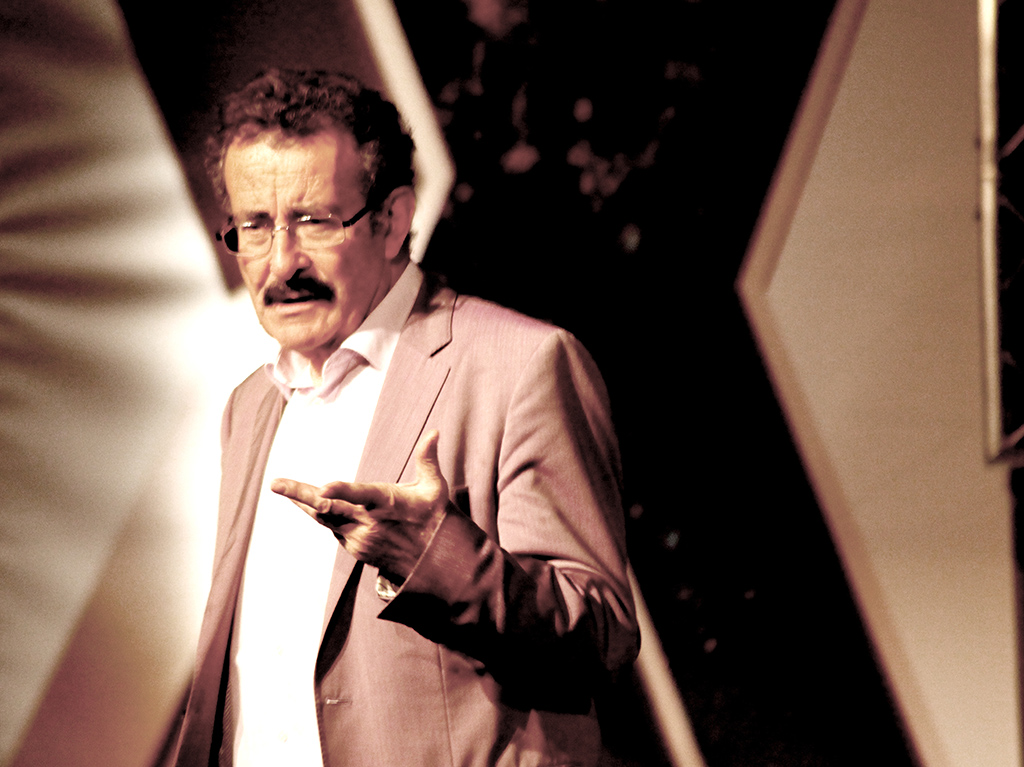
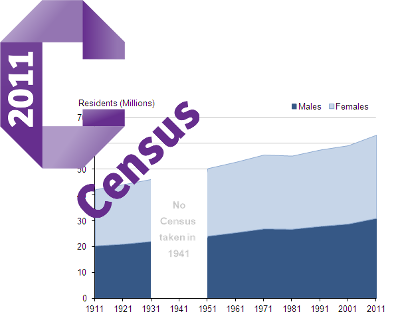
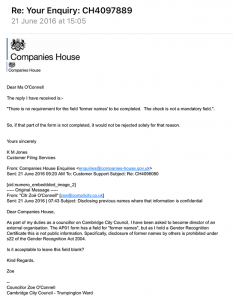
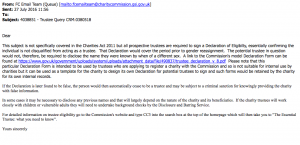
 I have not been keeping a particularly close eye on online pharmacy services for a while, but an interesting email from InHouse Pharmacy sent to their customers has come my way – and it suggests that the
I have not been keeping a particularly close eye on online pharmacy services for a while, but an interesting email from InHouse Pharmacy sent to their customers has come my way – and it suggests that the 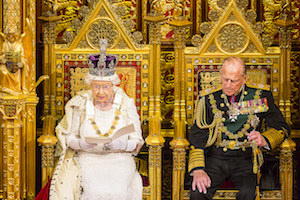 I noticed a couple of the usual outlets today reporting that the Queen’s speech included measures to protect LGBT+ people. So I went to check the text – and that’s not quite what it says:
I noticed a couple of the usual outlets today reporting that the Queen’s speech included measures to protect LGBT+ people. So I went to check the text – and that’s not quite what it says:









 Unsurprisingly – given there were only three candidates standing versus ten last year – none of the openly trans candidates were successfully elected on Thursday.
Unsurprisingly – given there were only three candidates standing versus ten last year – none of the openly trans candidates were successfully elected on Thursday.